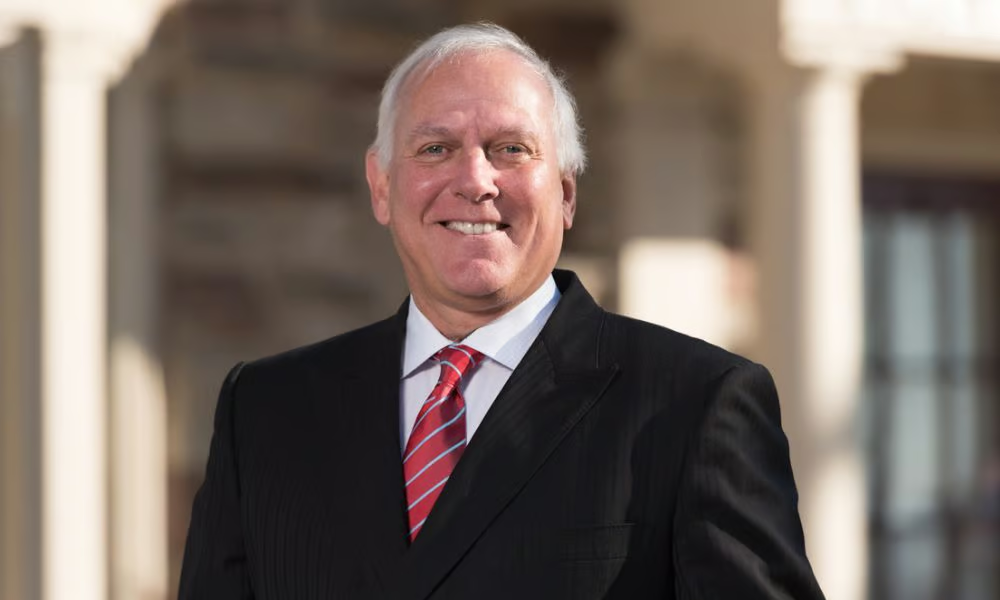As analysts and central bankers offer conflicting opinions, veteran advisor takes a position

After central banks’ all-out effort to tamp down inflation last year, investors and economists are fiercely debating one question: should we expect rates to drop this year?
“There's a lot of banter going on about where rates are going to go,” says David Little, senior investment advisor with iA Private Wealth. “Mark Carney, the former Bank of Canada governor said he doesn't see interest rates dropping in 2023. And you're also seeing a lot of other people saying rates can't stay this high, because the impact on borrowing could create an unprecedented financial crisis.”
Both arguments have their merits. For those in the Carney camp, inflation is still too high; easing up on rates this year could risk another flareup, and central bankers are unlikely to take that chance. While recent numbers point to a slowdown in economic activity, the former central bank governor noted that it still has momentum, suggesting rate cuts are still not quite justified.
“Monetary policy needs to be tight and central banks are going to need to maintain restrictive policy for a period of time in order to get inflation all the way back,” Carney told BNN.
Context is key. That interview was published early this month, before Statistics Canada reported that headline inflation in Canada cooled to 5.9% in January from 6.3% in December. That was welcome news for Bank of Canada Governor Tiff Macklem, who made a conditional pledge to pause interest-rate increases as the central bank announced a 25-basis point hike last month.
It’s still unclear whether Carney would stand pat on his earlier statement. If he were to do so, he could point to the surprise job numbers jump in January, with Canada’s economy gaining a net 150,000 jobs, mostly in full-time work. That number blows analyst forecasts out of the water, with one previous Reuters survey of analysts calling for an increase of just 15,000 jobs.
At Blue Ocean Private Wealth, Little says his team stands among the advisors who believe interest rates won’t stay as they are. He expects rates are going to drop in late 2023 or early 2024, though he’s not discounting the possibility of an alternative outcome.
“The inflation rate has to continue to drop,” he says. “If we see an aberration, and all of a sudden the rate-hike impact stops working and inflation starts to pick up again, [central banks are] going to keep them there until they wrestle inflation down to where they want it.”
The case for a comeback in inflation is not insignificant, especially considering the influence of external economies. In its January rate decision, the BoC noted that China’s abrupt lifting of Covid-19 restrictions has led to an upward revision in the country’s growth forecast, but also “poses an upside risk to commodity prices.” Russia’s war in Ukraine, it added, “remains a significant source of uncertainty.”
As it stands, Little expects interest rates to come down again this year, toward the third quarter or fourth quarter, or perhaps early in 2024.
“If they don't, then I think it's inevitable that they will definitely drop in 2024. But my bets are on 2023,” he says.



